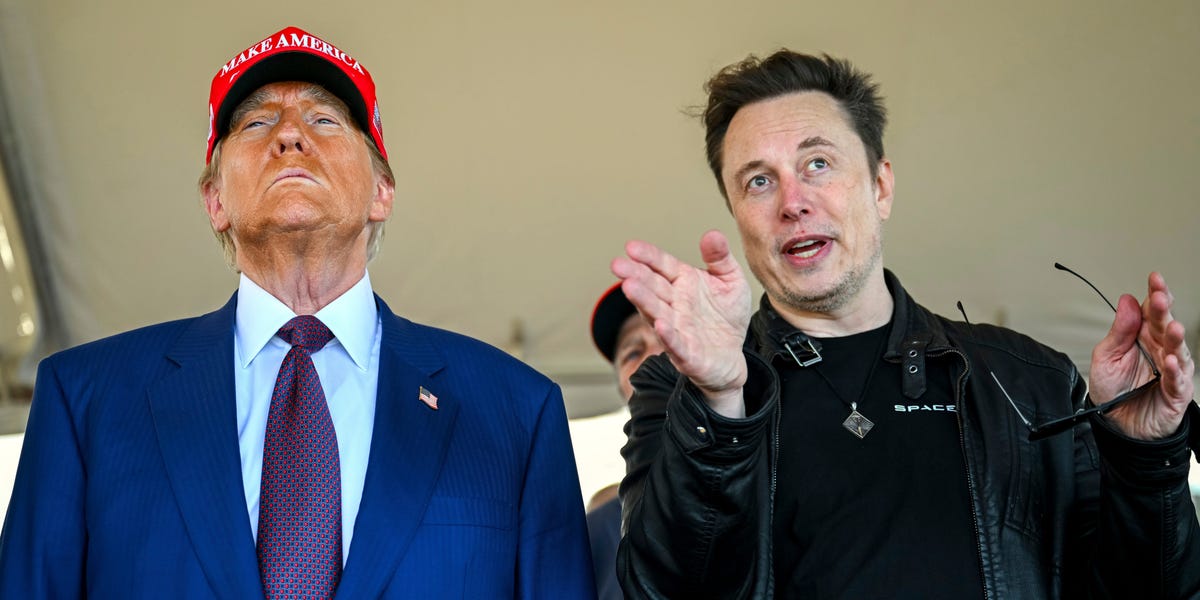Wheels of Resistance: How European Markets Are Slamming the Brakes on American Automobiles

The Global Puzzle: Why American Cars Struggle to Win International Hearts
American automotive giants have long dominated their home market, but when it comes to international appeal, they face significant challenges. Despite producing some of the world's most iconic vehicles, U.S. car manufacturers find themselves struggling to capture the imagination of global consumers.
Several complex factors contribute to this international sales conundrum. European Union tariffs create additional barriers, making American vehicles more expensive and less competitive in overseas markets. But the challenges run deeper than mere economic obstacles.
Cultural differences in automotive preferences play a crucial role. While Americans typically favor large SUVs and pickup trucks, European and Asian markets tend to prioritize compact, fuel-efficient vehicles that navigate narrow city streets with ease. The American automotive design philosophy—emphasizing size and power—often feels misaligned with global urban sensibilities.
Moreover, perceptions of quality and engineering continue to challenge American car brands. European manufacturers like BMW and Mercedes, and Japanese brands like Toyota and Honda, have cultivated reputations for precision engineering and reliability that resonate strongly with international consumers.
These dynamics create a perfect storm of challenges for American automakers seeking global market expansion. While domestic sales remain strong, cracking the international code requires a fundamental reimagining of design, efficiency, and brand perception.








